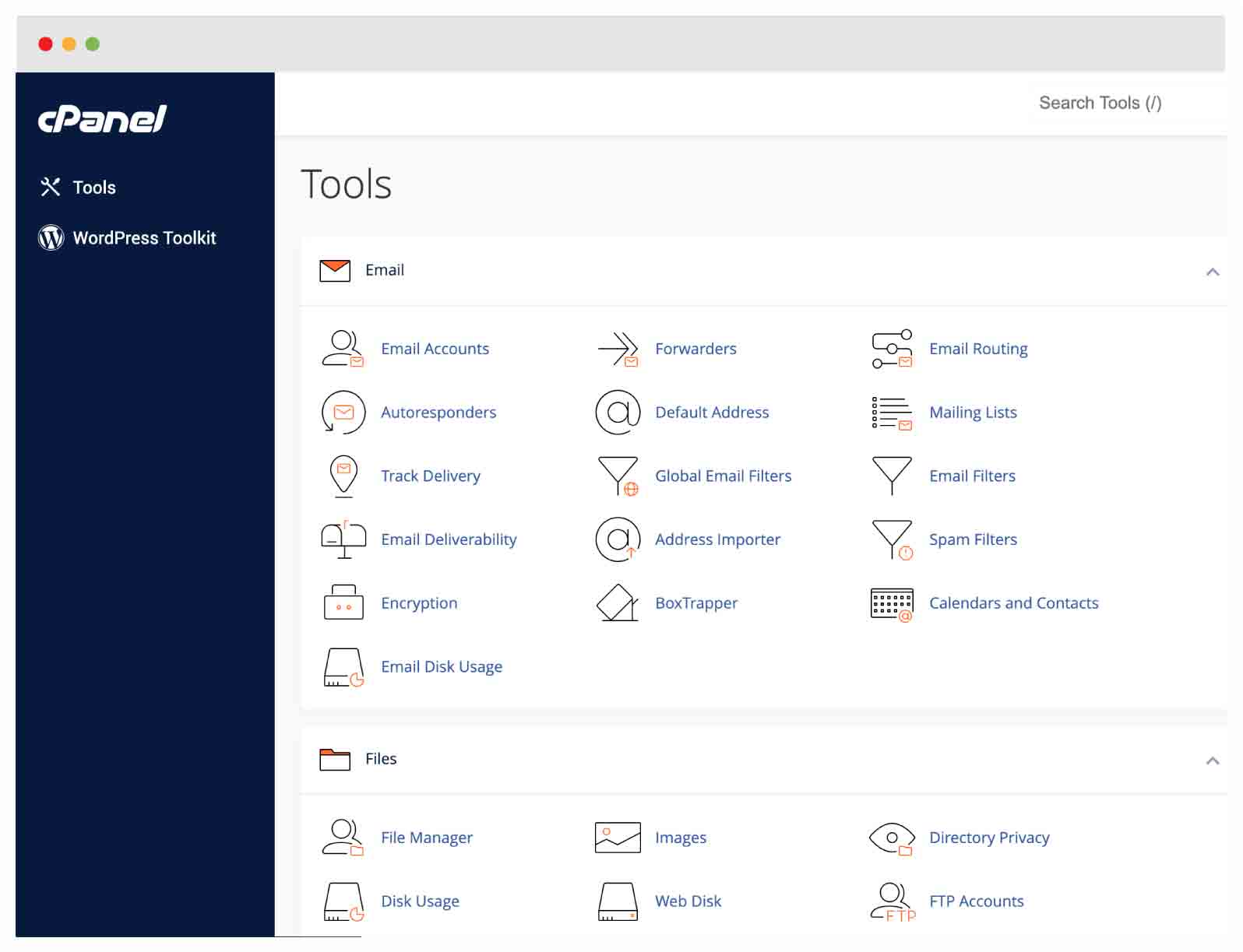In 2009, solid-state drives (SSDs) made their formal debut in commercially available PCs. SSDs, much like HDDs, are capable of storing data and files for later use in the same way. The difference is due to technological advancements. Flash memory is a specialized memory used by solid-state drives (SSDs). The RAM and the SSD employ almost similar technology. However, the data in the RAM are lost when the system is powered off, but the data in the SSD continue to be accessible long after the system has been powered down. The term "solid-state" was given to solid-state drives (SSDs) because, unlike hard disc drives (HDDs), they do not include any moving elements. When it comes to web hosting and servers, solid-state drives (SSDs) are employed extensively due to their large data storage capacity as well as their rapid processing of information. Additionally, websites with customers that need a great deal of information in a relatively short amount of time should request SSD hosting from their Hosting providers. Dedicated servers with solid-state drives are a superior long-term investment. Hard disc drives (HDDs) cannot keep up with the high load of activities required by a popular website, regardless of how much disc space you purchase for the dedicated servers. Here, investing in a dedicated server with solid-state storage pays off handsomely and guarantees that your site continues running smoothly even during high traffic. Some advantages of SSD include the following;
Better performance: Because data is immediately accessed from the storage space in solid-state drives (SSDs), these drives provide superior performance.
Reliability: Due to the lack of a magnetic coating or head, solid-state drives (SSDs) do not suffer from breakage or distortion, making them very reliable. Therefore, they are more dependable and have higher overall efficiency.
Faster speed: Flash memory is utilized to store data in SSDs; as a result, the devices can carry out operations such as read/write, response, and file transfer at a very high speed.
Protecting your data: Solid-state drives (SSDs) have extremely minimal wear and tear throughout their lifetime. Because of this, the likelihood of losing data stored on SSD servers is relatively low.

